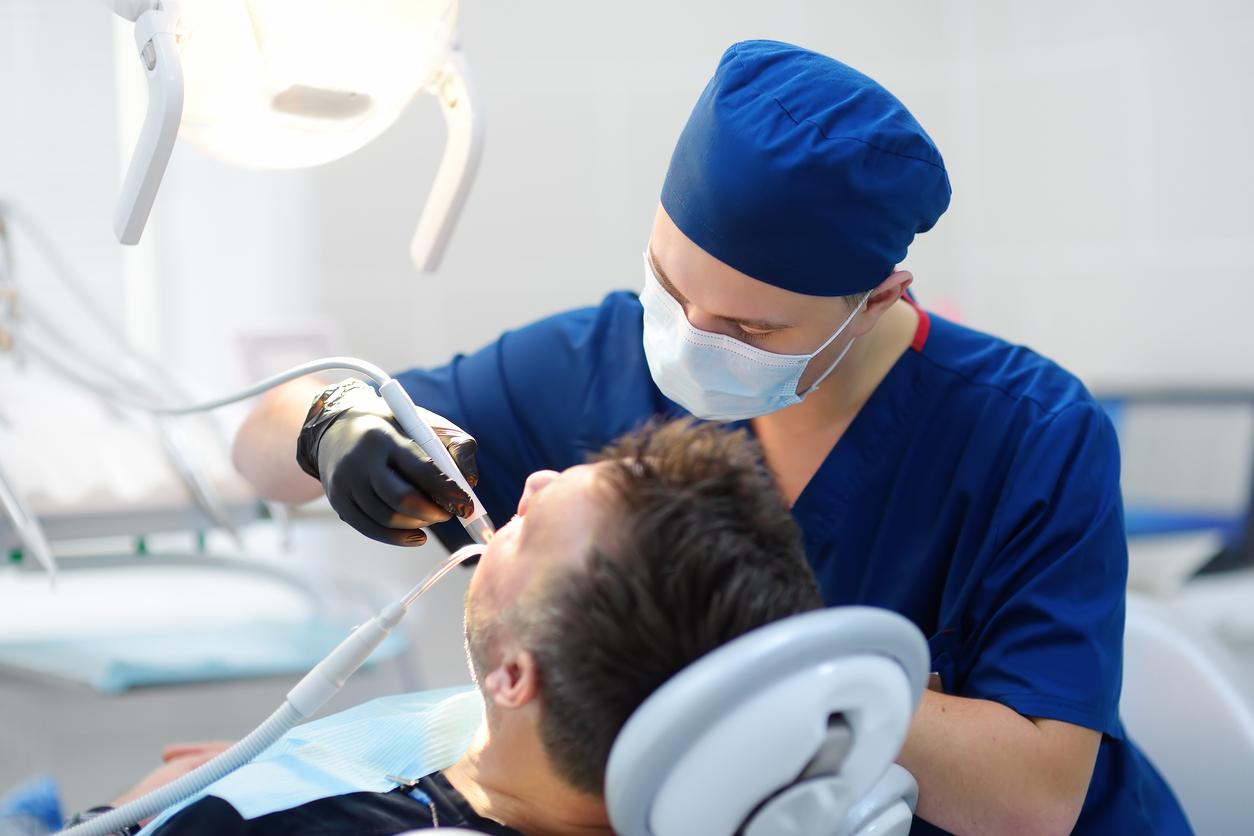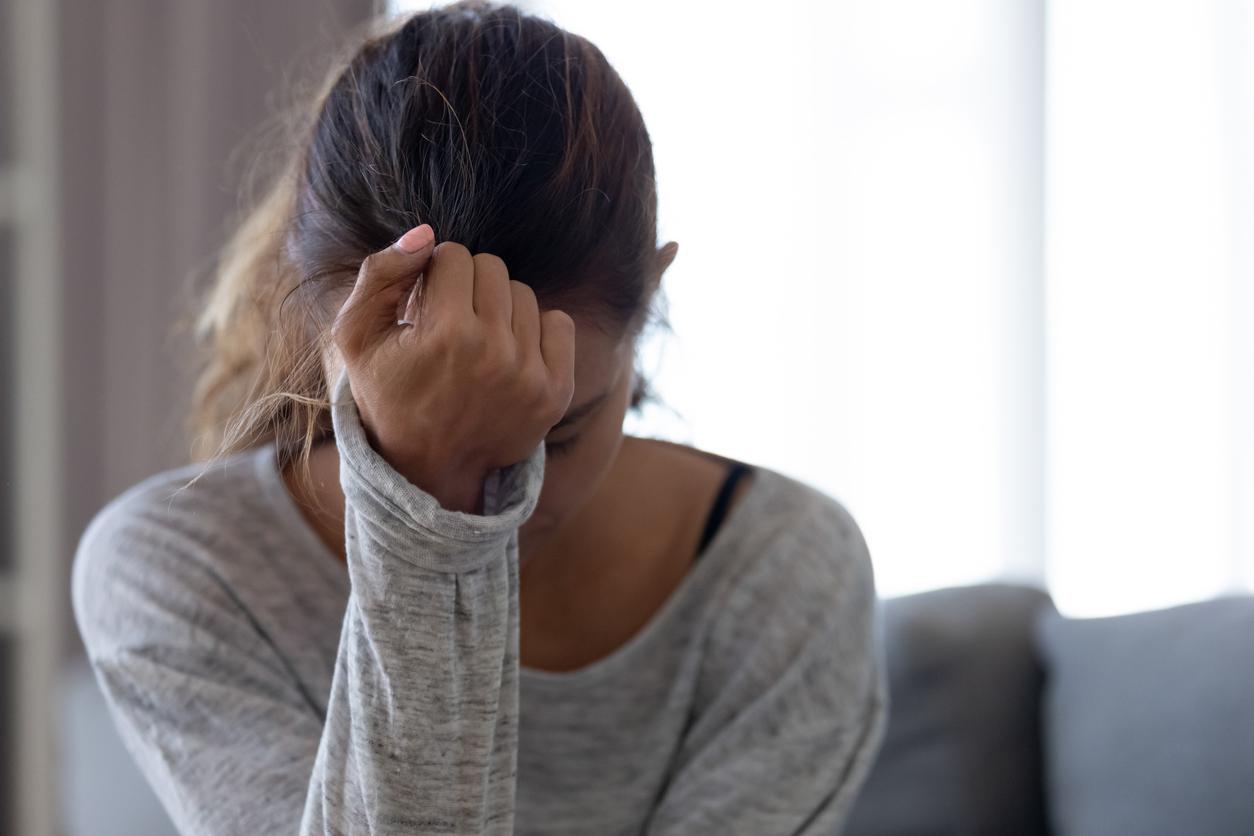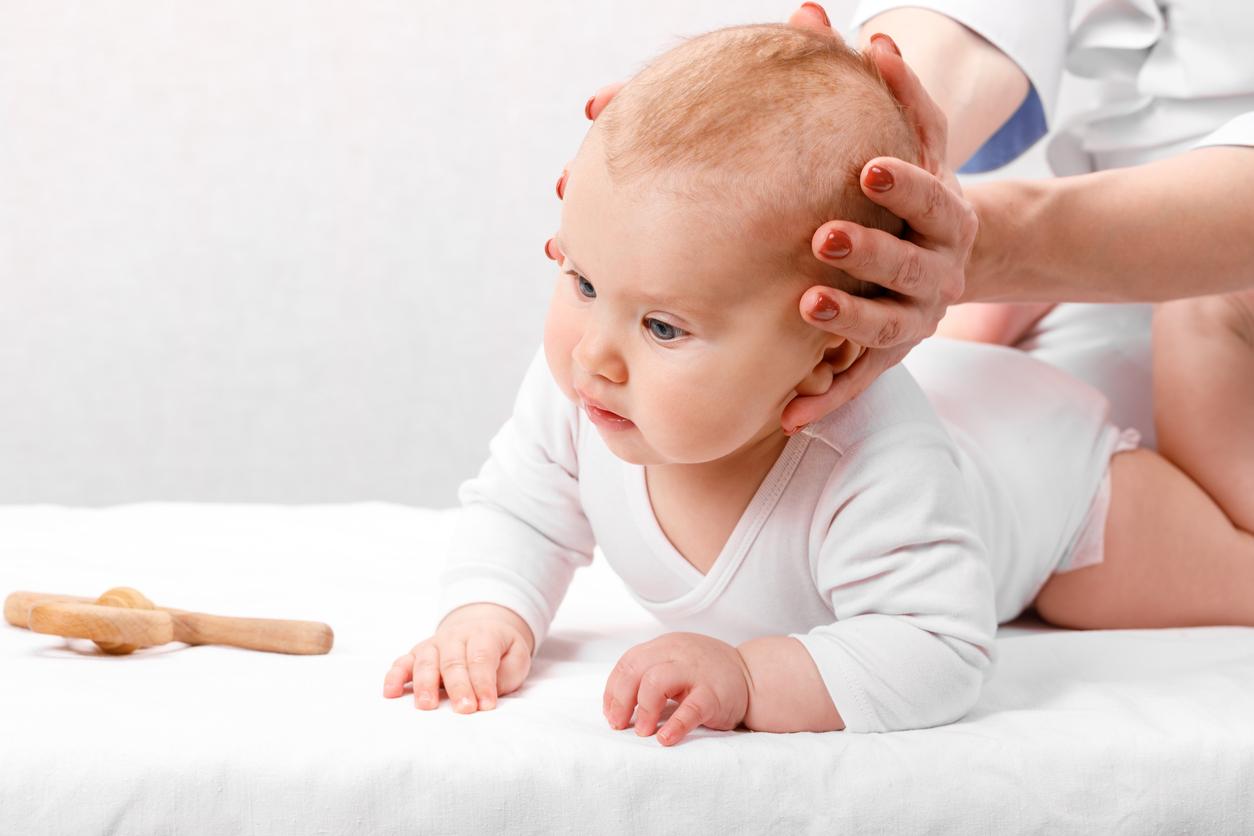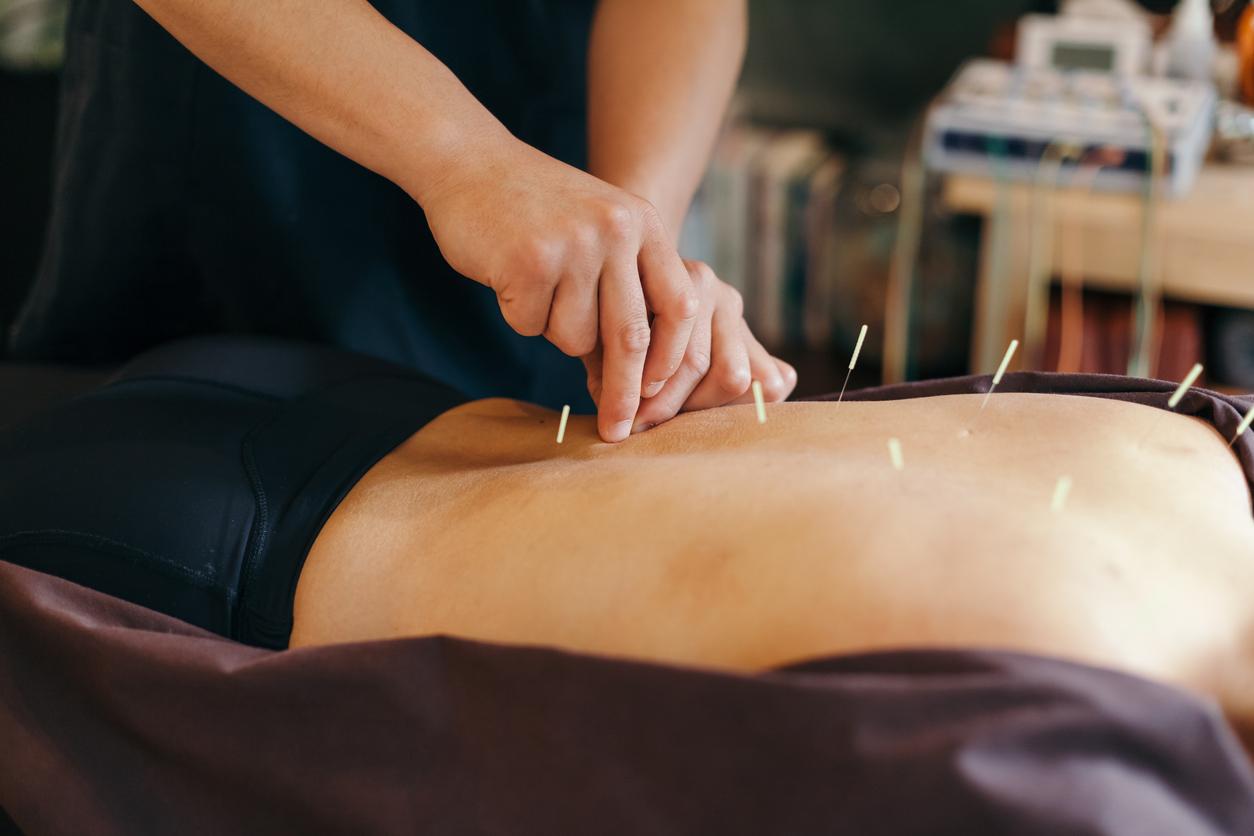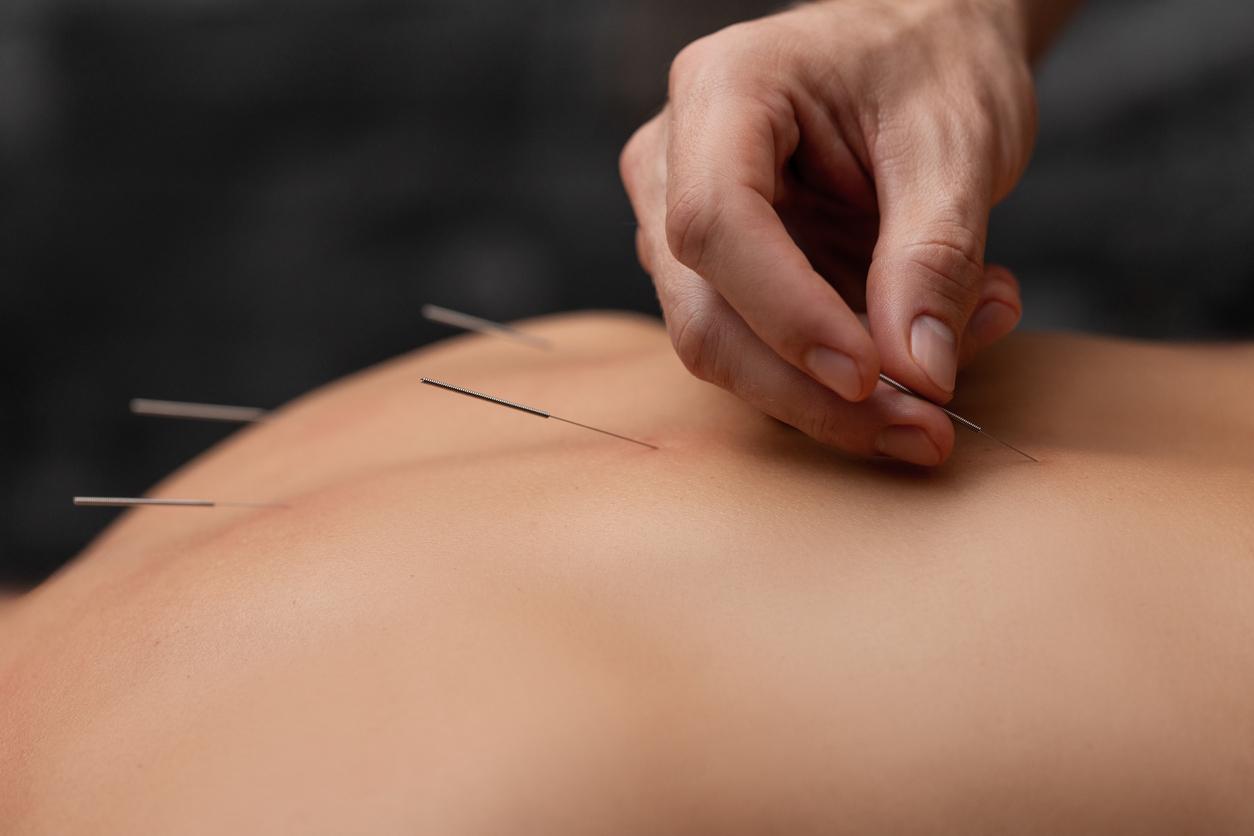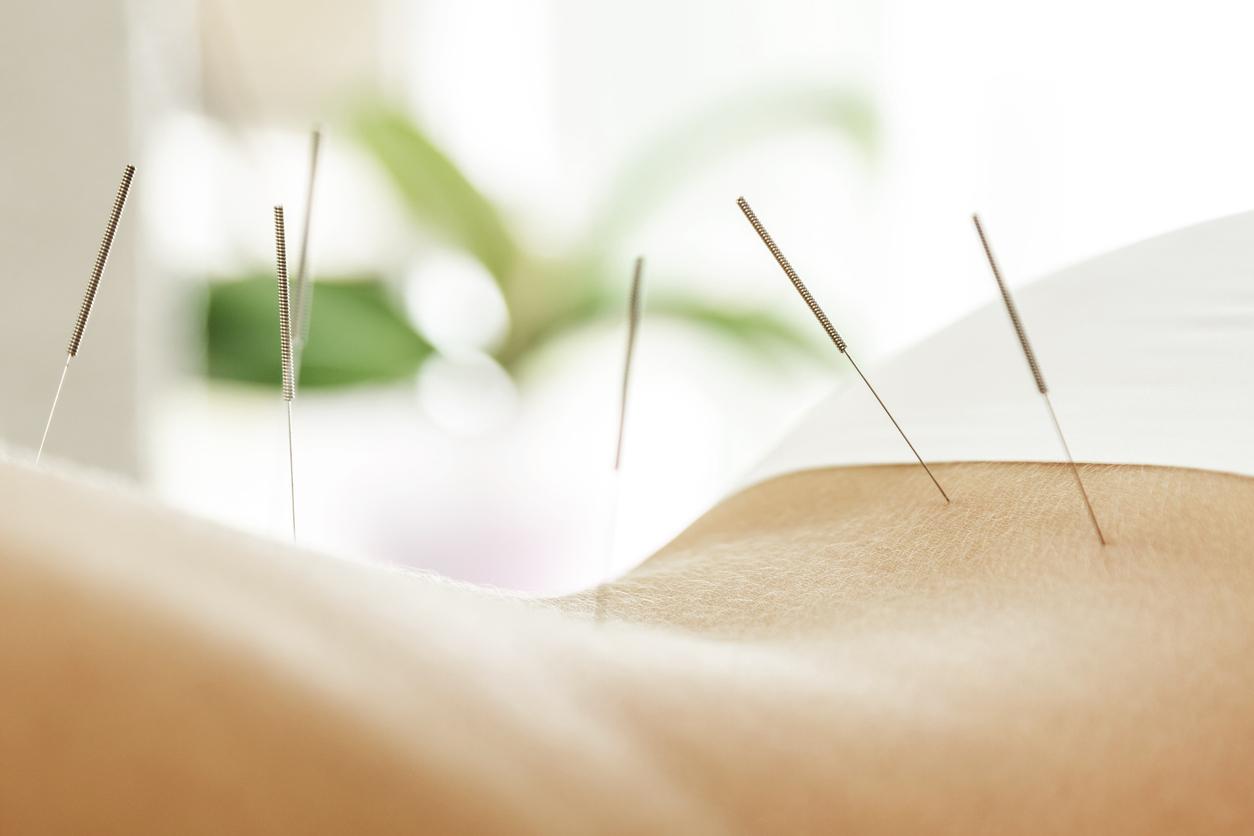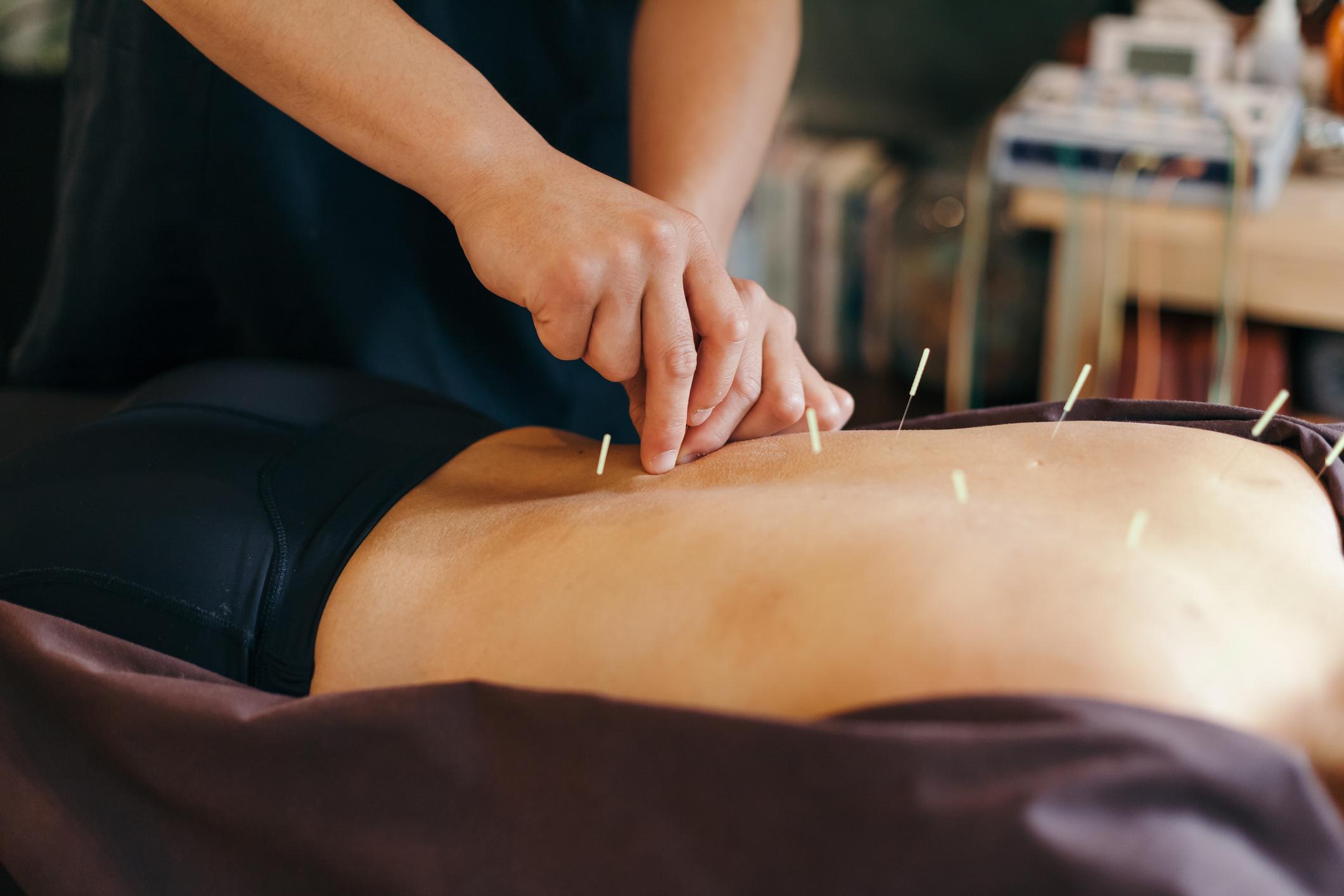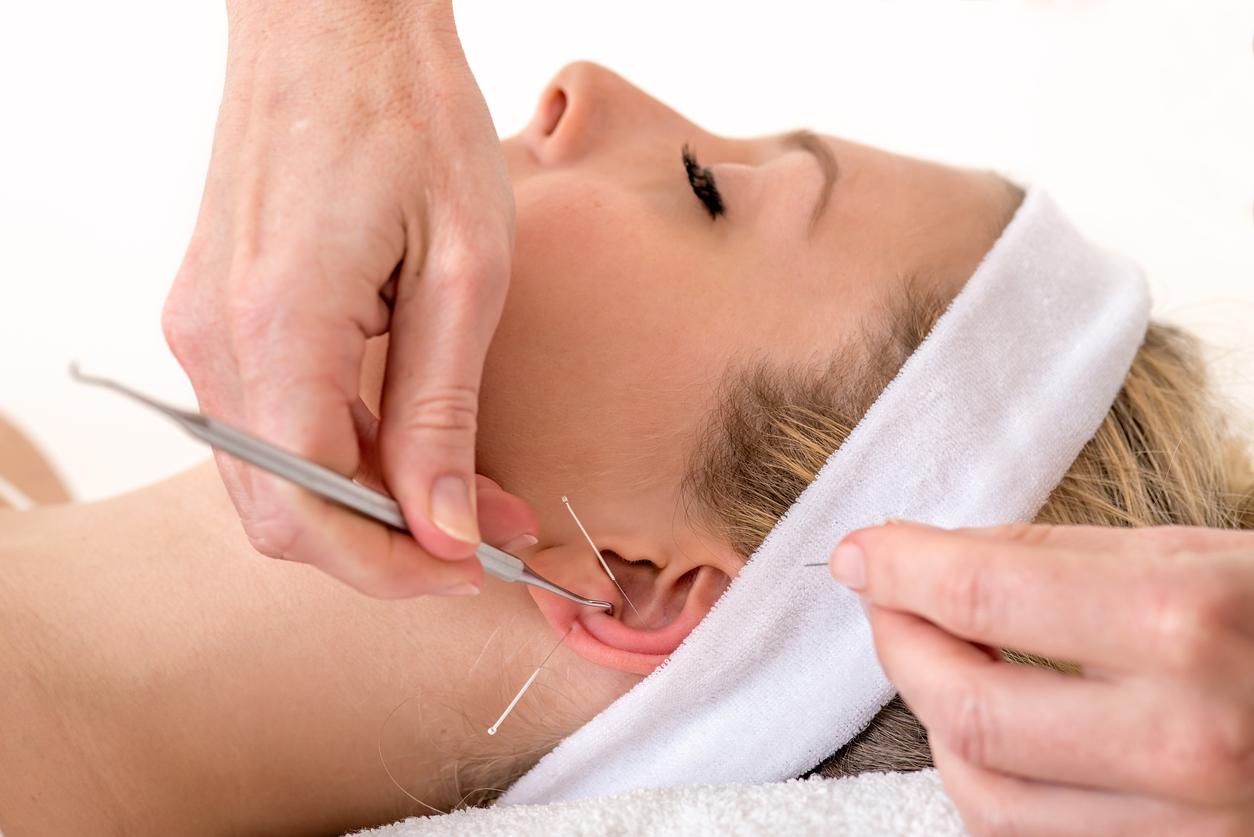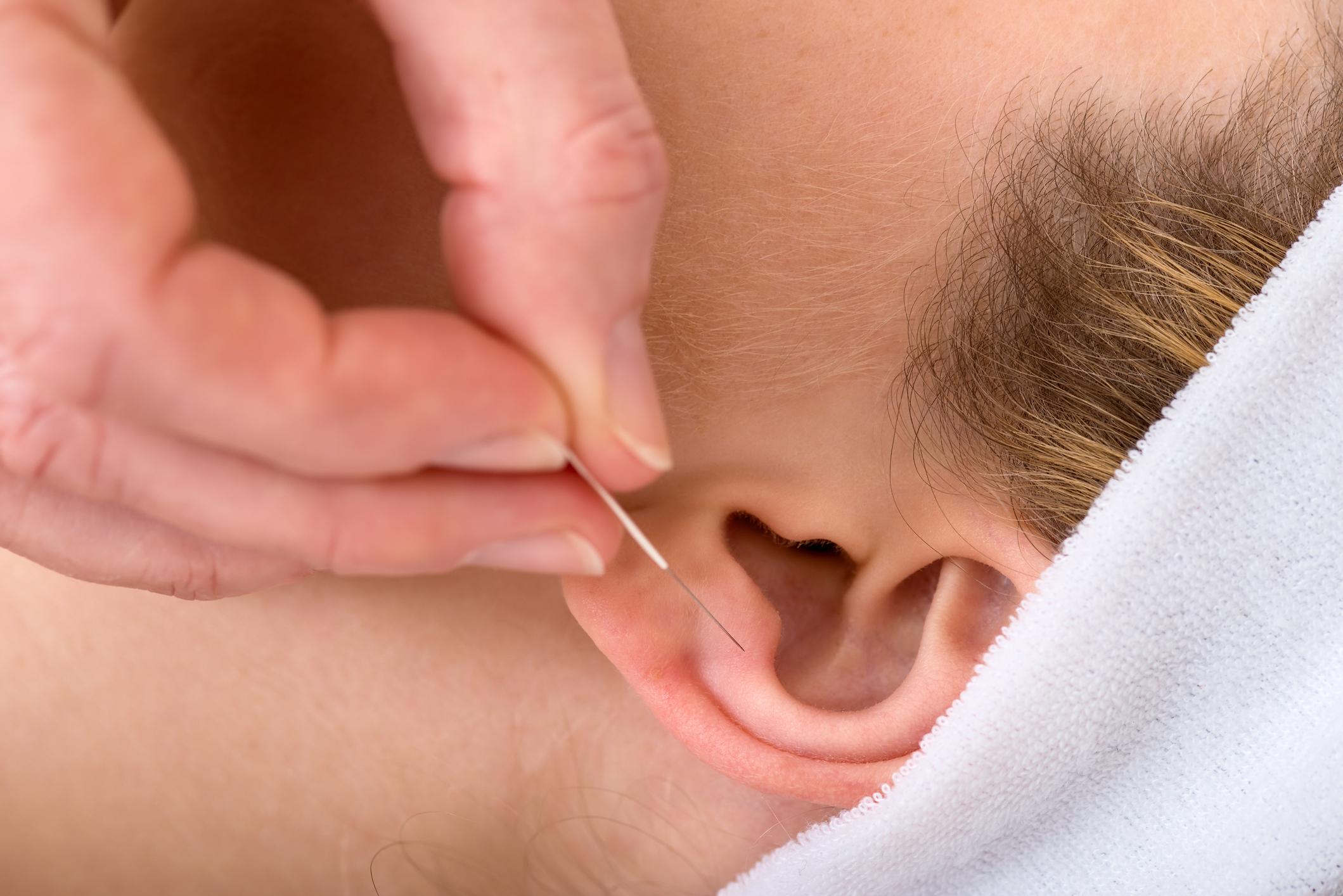The French are crazy about it and the doctors specialize. But to allow patients to make an informed choice, our official report proposes to create a label of therapist.
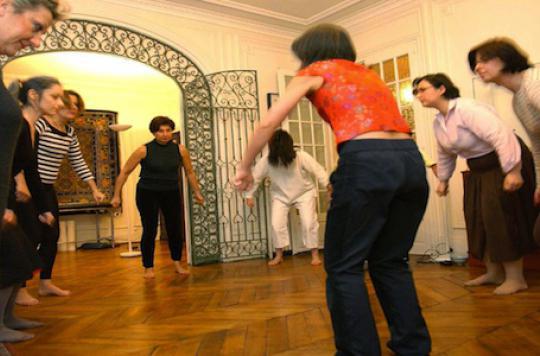
“As soon as my back hurts, I prefer to go see an osteopath rather than go to a doctor”, testifies bluntly Mirabelle, 26 years old. Osteopathy, homeopathy, acupuncture … “unconventional” medicines have entered the market. the health practices of the French. “In Europe, two-thirds of the population would use it at least once in their life, reports Vincent Chriqui, director of the Strategic Analysis Center (CAS), who drew up an inventory.
“In France, the number of general practitioners in a particular mode of exercise (homeopathy, acupuncture, etc.) has increased from 52% in 1992 to 67% in 2009”. This craze for unconventional medicines does not only take place in the city but also in hospitals. “When I gave birth to my second child at the Robert Debré hospital in Paris, a midwife offered me a hypnosis technique to better understand pain and fear,” explains Corinne, 35, who has had a difficult first childbirth. “After a few learning sessions in the maternity ward, I was able to learn to put myself in a state of self-hypnosis, be careful, this is not about falling asleep, but a state of dynamic relaxation that I am experiencing. allowed to gently apprehend childbirth even before the epidural. ”
But how do you know if you have to make a competent health professional? In the hospital, it may seem more supervised, but in the city, how do you know who is behind the plaque? “It is all the less obvious as the offer in unconventional medicine is diversifying. Very heterogeneous, it mixes doctors, physiotherapists, nurses… and practitioners who are neither doctors nor paramedics, ”recalls Vincent Chriqui.
Thus, since 2007 and 2011, the titles of osteopaths and chiropractors are accessible to people who have not gone through medical schools or paramedical training institutes. Schools of osteopaths must be approved. But, there are over 70 schools in France … And according to a report from the General Inspectorate of Social Affairs (IGAS) made public last May, the school approval system is insufficiently demanding.
A clinical and legal examination
For the Strategic Analysis Center, an expert institution that reports to the Prime Minister, it is necessary to clarify the situation of unconventional medicines. “In order to allow patients to make an informed choice, we are proposing to the public authorities to establish a label of therapist in unconventional practices, the obtaining of which would be conditional on passing a clinical and legal examination”, explains Vincent Chriqui, the director of the CAS.
The idea is not to oppose each other, but to take into account the practices of the French and make them safer. “Lifting certain taboos would better protect users,” he continues. More than 75% of patients do not tell their healthcare team that they are turning to these medicines, for fear of displeasing or seeing them discouraged, which can pose problems of interaction between treatments. “
Listen to Vincent Chriqui, Managing Director of the Strategic Analysis Center: “ We imagine an overall label that would integrate all the practices of unconventional medicine “.
The CAS also offers better information on unconventional doctors, not only for the general public but also for doctors. The idea is to promote a better exchange and why not to allow a course of care which integrates conventional medicine and different care approaches.
Some hospital services have already taken the plunge. Aisni in 2011, a integrated center of Chinese medicine was created at the Pitié Salpétrière hospital in Paris. The nutrition department of the same hospital has set up qigong classes for overweight patients, and therapeutic shiatsu-type massages are provided in the ENT department.
“This type of experience must of course be based on studies demonstrating the effectiveness of these techniques, for the moment France is lagging behind,” explains Vincent Chriqui. But some countries have created dedicated study centers, such as the National Research Center in Complementary and Alternative Medicine in Norway. In order to fuel research, this center has also set up a database dedicated to the exceptional effects of these treatments. This “registry of exceptional courses of disease” covers Denmark, Norway and Sweden and can be fed by patients, their families and practitioners. The European Union is also participating in research by funding the CAMbrella project, an action of which we should know a first assessment at the end of November.
Listen to Vincent Chriqui, he presents the label experiences in England and Germany.
.



